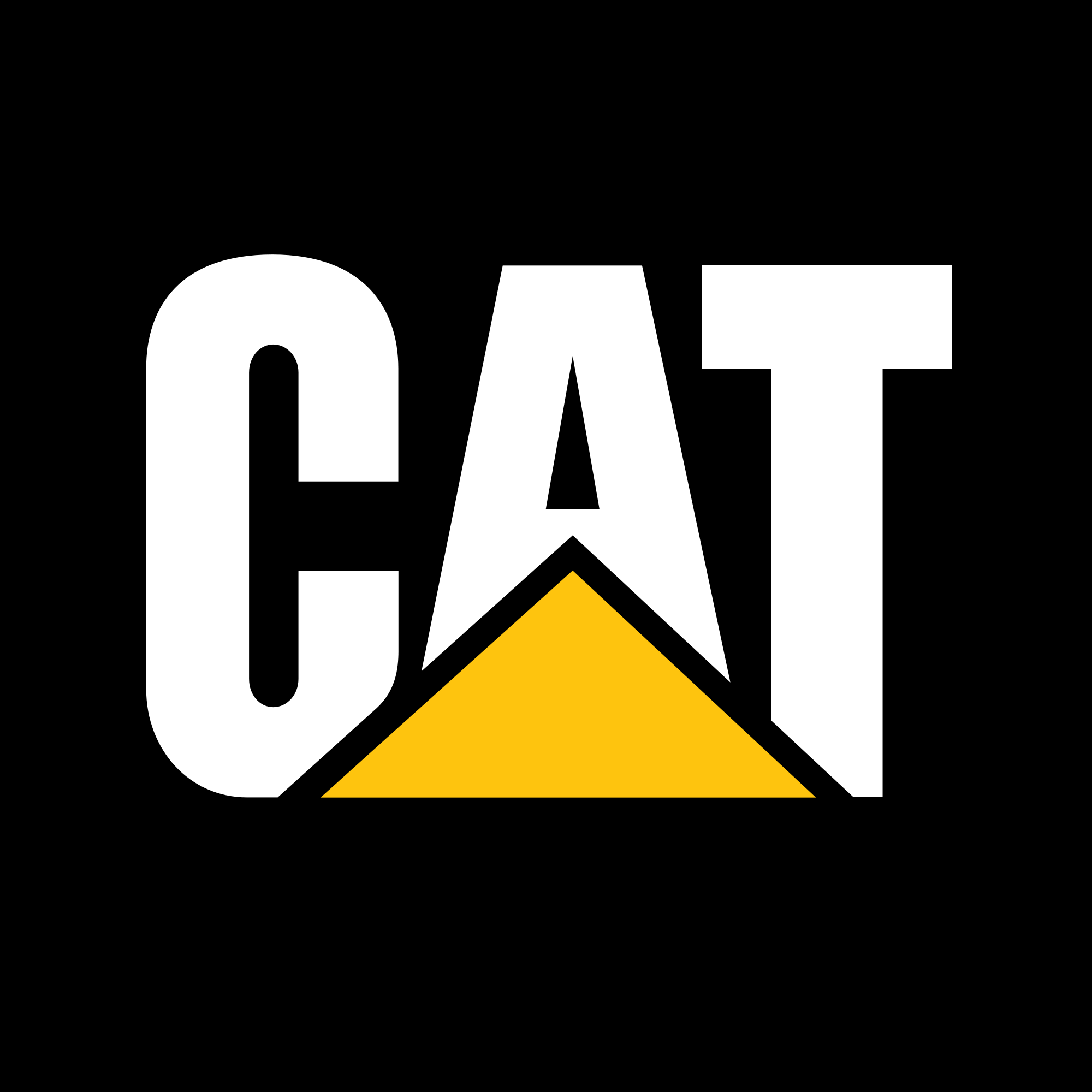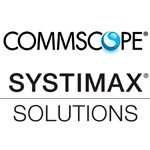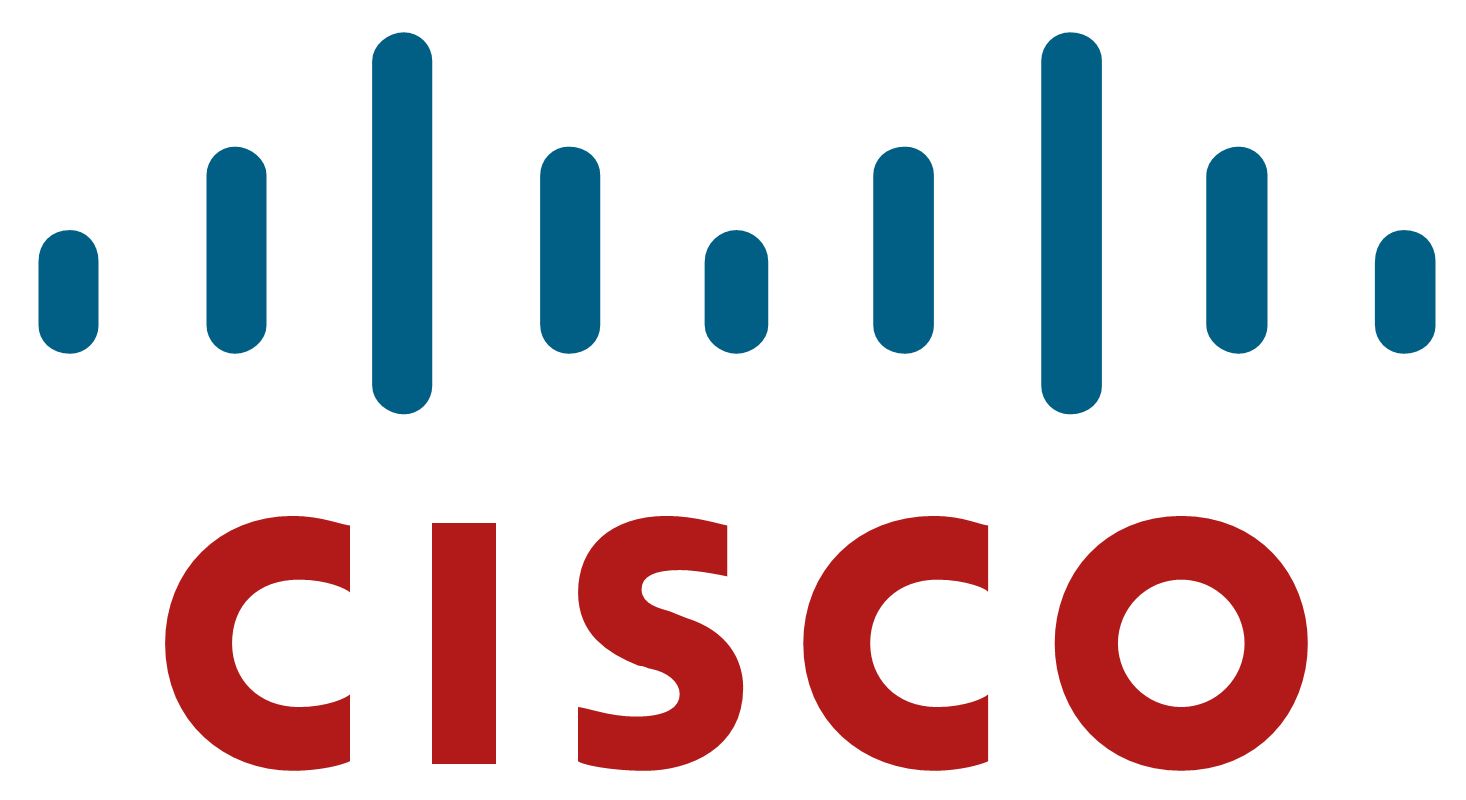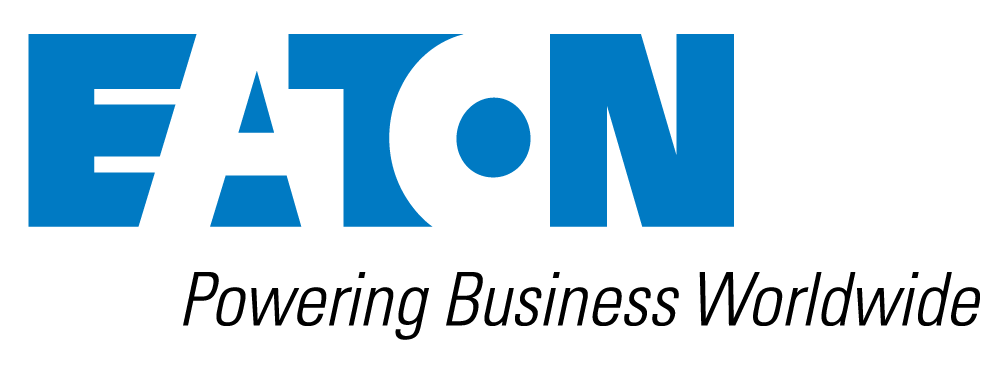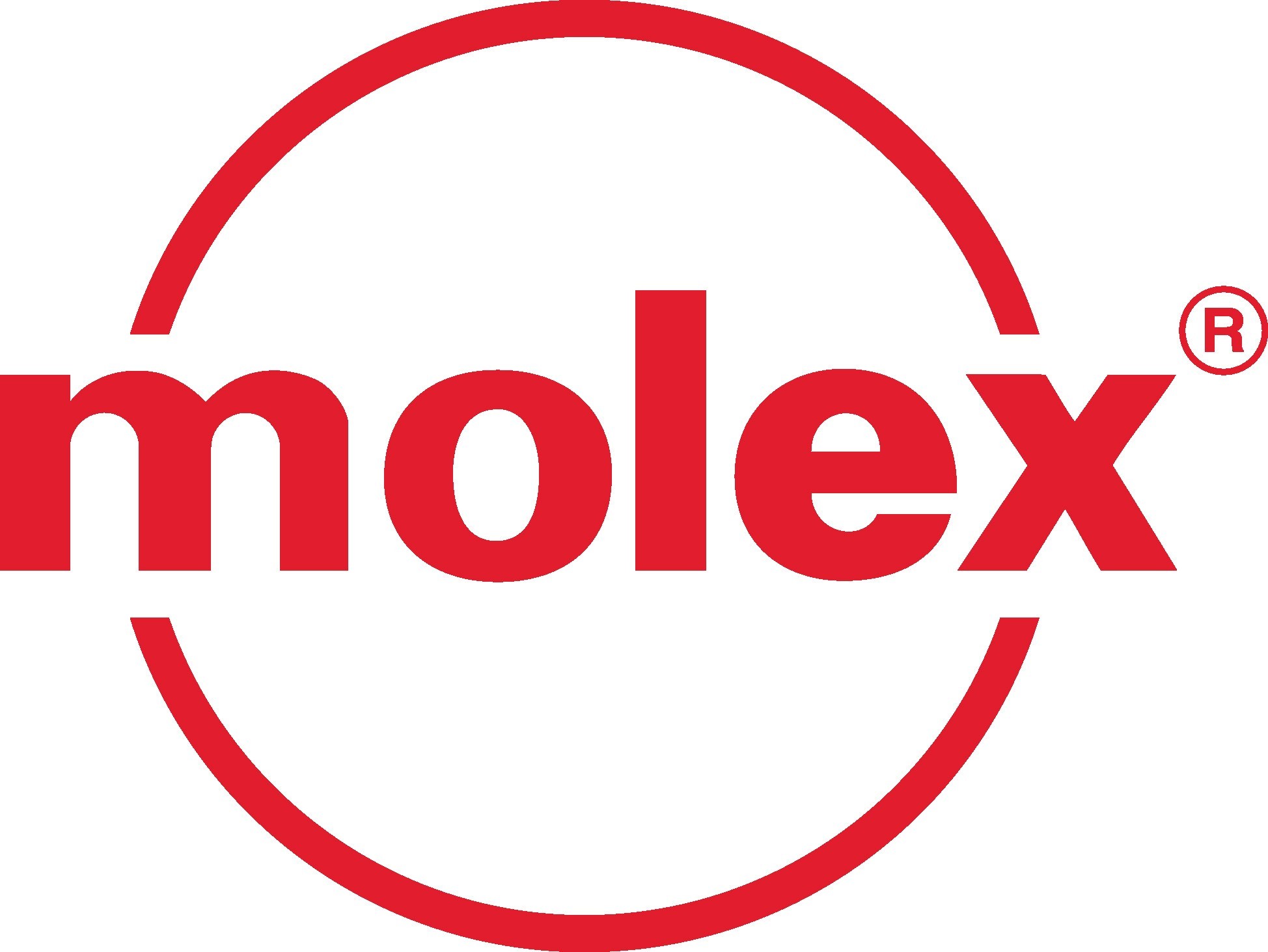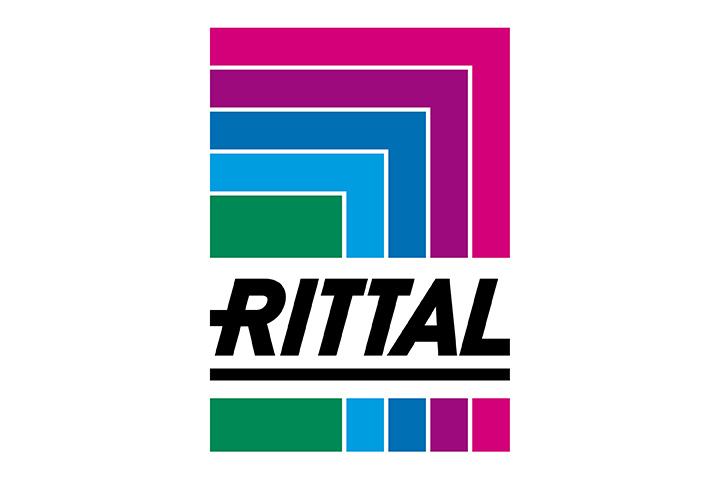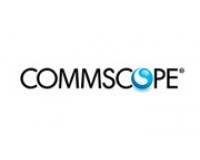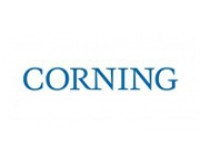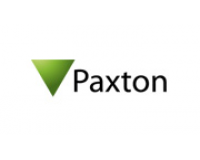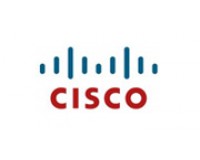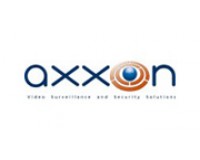Data Centre Infrastructure Solutions and Services

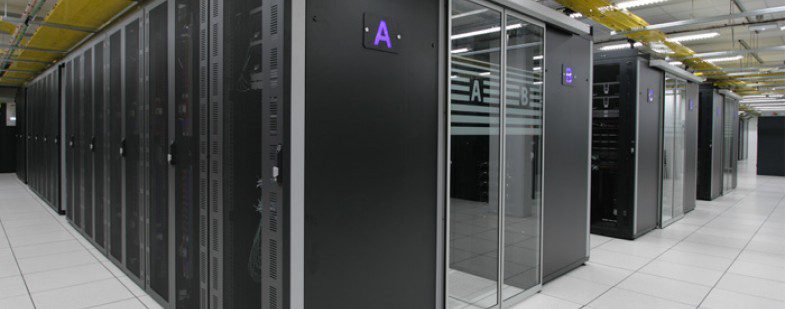
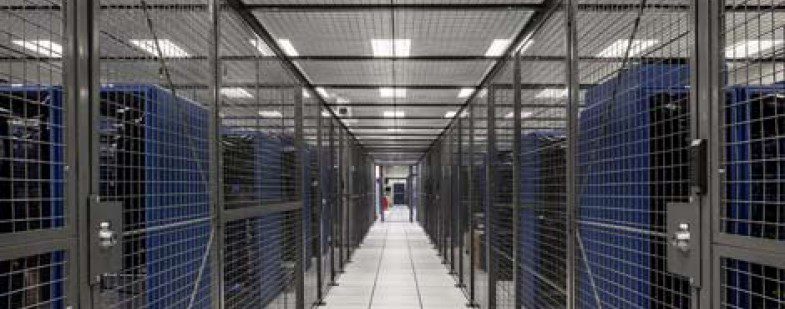
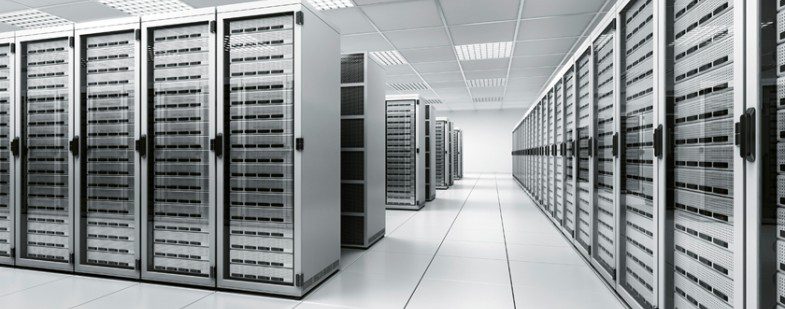
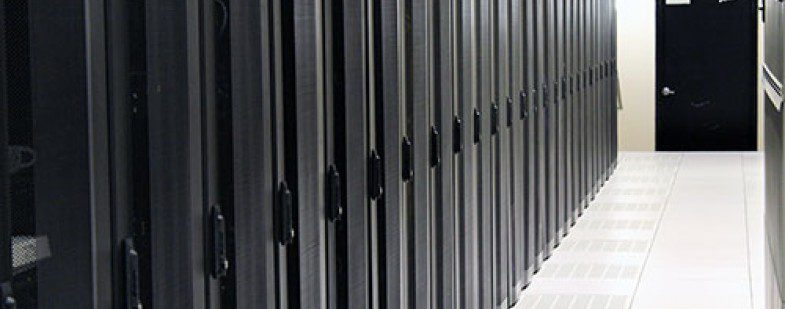
FOSS is a multidisciplinary IT solutions company and network integrator, with extensive, demonstrable capabilities of delivering large scale and complex IT networking projects. We have been operating in the Middle East since 1999 in the design and delivery of large scale and complex IT networking projects.
FOSS has many years of experience in designing and installing standards compliant (TIA/EIA 942), fault tolerant and flexible, network infrastructure solutions for Data Centres and Server Rooms. Our design and project management capabilities are supported by BICSI RCDD qualified consultants and we are familiar with designing and implementing business critical solutions that require intrinsic fault tolerant designs that include flexibility and scalability.
Managing Existing Data Centres:
Refit and refresh
Refurbishments often take place while the data centre is ‘live’ and projects may be hindered by physical constraints such as the positions of existing equipment or infrastructure services, as well as working space and access.
Migration and consolidation
As your business evolves, your IT needs will change and this will inevitably impact on your data centre requirements. Either consolidating data centre assets or migrating IT equipment to a new in-house data centre facility or colocation provider may be considered necessary to increase capacity or decrease costs.
Upgrading Data Centre Systems
Legacy or older facilities will be less efficient, more costly to operate and less able to deal with increased capacity needs than new build data centres. This doesn’t mean that an organisation needs to build a costly new facility in order to take advantage of more recent improvements in data centre infrastructure – a data centre systems upgrade can have an enormous impact on efficiency, operational cost and capacity for much lower capital outlay.
Facilities Management
Running a data centre is a complex task and requires a team with specialist knowledge and expertise. By outsourcing some or all of your facilities management, on a temporary or full time basis, you are gaining access to a team of highly experienced professionals with expertise in all elements of data centre operations. This approach leads to reduced business risk, increased operational efficiency and decreased costs.
Some of the facilities that can be outsourced are:
- Cooling equipment management
- Thermal dynamics management
- Management of Hotspots
- Rearranging of cables
Facilities Monitoring
By using a combination of email, SMS and auto dialler alert systems FOSS can provide monitoring 24/7/365, along with on-site engineers. A vast array of information can be produced by data centre environmental monitoring and building management systems. This can range from basic fault conditions on power and cooling infrastructure to full environmental monitoring such as temperature, humidity, access control, energy efficiency and control of set points and systems.
Emergency Response
FOSS provides data centre emergency response as a standalone service or as one part of an overall data centre facility management package. If a fault occurs that presents a risk to the uptime of your data centre it needs to be resolved as quickly as possible. FOSS offers several Emergency response packages with possibilities to attend the site within 24 hours to 4 hours, 7 days a week.
Preventive Maintenance
FOSS provide Preventive maintenance as a standalone service or as one part of an overall data centre facility management package. By regularly servicing your data centre’s supporting infrastructure you greatly reduce the chances of component failure.
Professional Services:
Conceptual design
All conceptual data centre design projects begin with in-depth stakeholder meetings, including detailed site visits, to establish the client drivers, requirements and constraints. The final data centre design document will include a performance specification together with plan drawings and 3D conceptual renders of internal and external areas.
Technical design
Detailed/technical data centre design involves the preparation of the specifications that will be used to drive your data centre build or refit project. The team that will be assigned to the detailed/technical design project will be the same that worked with you on facility’s conceptual design and performance specification. Once this review stage is complete the design team will create the detailed/technical design documents. The end result is a detained/technical design workbook, written design document and a project program.
Requirement Analysis
The requirements analysis process is carried out in-house by design consultants in partnership with the client and all relevant stakeholders. FOSS understands that determining key factors and gaining a general consensus for any data centre design project can be lengthy process. The outcome is a solid foundation for the next stages of the project.
Auditing and Risk Analysis
Data Centres are mission critical business assets. The principle behind an audit or risk analysis is to identify areas that should be addressed from a cost, operational or risk perspective. As a client, you want to be assured that any data centre audit or risk analysis takes into consideration not just the needs and potential risks of today but also includes your plans for the future.
Project Management
Our Project Managers are Project Engineers with accreditations in implementation of Data Centre infrastructure. From conceptual and technical design sign off, through the submission of planning applications, ordering and delivery of plant such as generators and UPS, our management process will cover all elements of your projects.
Integrated Witness Testing
In order to ensure that there are no delays to your project, an integrated witness testing team, made up of expert engineers and design consultants will be assigned to you before completion of the facility. A formal data centre Witness Testing Report detailing the process taken and the results cross referenced against original tender document and performance specification.
Site Survey
FOSS provide the client with a comprehensive report detailing the findings of the site selection assessment, comparing these with project specific requirements, drivers and constraints. Elements covered include: pro’s and con’s of each site; flexibility, risk evaluation, capacity predictions, limitations, estimated build and operational costs, power and connectivity availability.
Energy Testings
As a data centre operator, you’ll know that power consumption is often your largest operational expenditure. A data centre energy audit is an essential first step in improving efficiencies. All audits start with a facility survey and an assessment of its supporting infrastructure. During the process, the FOSS team work in partnership with key client stakeholders including the Data Centre Manager, Facilities Manager and Energy Manager. The result is a holistic overview of the energy efficiency level of your data centre which can then be used to direct strategy going forward.
Tier Systems
Navigating the Tier systems can be a complex undertaking. As experts in data centre design and build, FOSS have a thorough understanding of both systems and most importantly their relevance to individual organisations.
As there is no ‘one-size-fits-all’ solution, we always take a holistic approach to determining the relevant elements of the Tier systems appropriate to each client.
Commissioning
Following on from construction and testing, Data Centre Commissioning is essential to ensure that the completed facility is configured for maximum efficiency. A Data Centre Commissioning team will be assigned prior to the data centre testing stage.
Feasibility Studies
A Data Centre Feasibility study is intended to identify the potential ‘risk and reward’ of any new data centre project. FOSS help clients to understand potential ROI, risk factors and the impact of change resulting from any new data centre initiative.
Operational Strategy Review
An operational strategy review ensures that all elements of the data centre, from the physical infrastructure through to the management team, are working together to achieve optimum performance. FOSS is experienced in working with clients to align culture, values and business goals to operational data centre strategy and management.
Capacity Planning
Capacity planning is essential for any data centre. Wasted capacity means wasted money whatever the size, age or specification of the facility. FOSS consultants work with clients to identify capacity issues and causes. This enables effective use of space, can negate the need to relocate or extend a data centre, improves efficiencies and ultimately saves costs.
Standards and Certification Schemes
Reliability and uptime are critical requirements for the telecommunication industry, and implementation of standards is a way to ensure both.
FOSS engineers are BICSI 002-2010, TIA – EIA 942 and Up Time Institute Tier System certified and when designing data centres FOSS takes into account customers’ demand regarding to which standards and certification schemes to comply.
New Data Centres – Design and Build:
The best approach for your design and build project will depend upon a number of factors including the requirements of the IT equipment, the physical characteristics of the building, your organisation’s demands in terms of resilience, energy efficiency, expandability, life span, and of course the budget. FOSS can provide all the necessary element for your ideal Data Centre:
Construction
- Raised Flooring
Ventilation is essential for the operation safety of the data centre. There are several types of flooring systems available on the market that we can implement.
- Air Handling
The heat which is generated during the operation of data centres must be continuously, safely and cost-effectively removed whilst reducing any effect on the environment. The most common configuration of air handling units (AHUs) in modern type of data centres and installed by FOSS is a down-flow type, also known as CRAC system.
- Grounding and bonding
FOSS offers a comprehensive line of grounding and bonding products, which help prevent transient voltage from damaging sensitive electronic equipment.
- Ceiling
Choose from a complete assortment of integrated ceiling systems to fit your data centre needs or improved air flow management, load carrying capacity, and adaptability.
Why do you need an ACT drop ceiling in your data centre?
• Reduces the amount of cold aisle space that will require cooling
• Can enhance control of ducted return air in the hot aisle
• Helps maintain cleanliness inside the data center
• Provides security when ceiling panels are locked in place
- Lighting
There are different approaches to data centre lighting and there are different approaches that require the least amount of light and results in the greatest overall efficiency. One of them is an inexpensive tool to determine exactly how much lighting energy is used in their data centre. This device is a HOBO U9 Light On/Off Data Logger.
- Access doors and walls
Server aisle containment is a necessary function of a data centre enclosure. Server aisle doors can be simple strip doors that are easy to self-install, more rigid and durable plexiglass aluminum-framed sliding doors, or an aluminum-framed hinged doors with optional locking features.
Power
- UPS Solutions
The uninterruptible power supply (UPS) converts unconditioned power to provide conditioned power to critical loads without interruption. It contains an energy storage system, such as a bank of batteries, which supply power to the load when utility power is unavailable.
- Generators
Data Centre Generators provide a cost effective and, providing they are maintained regularly, reliable form of onsite power generation. They can be configured in similar way to UPS systems using either N, N+1, 2N and 2N+1 redundancy.
- Power Distribution
A Power Distribution Unit (PDU) is an electrical distribution cabinet, free-standing or rack-mounted, whose main function is to provide a required point of power distribution.
Cold Aisle Containment
Cold Aisle Containment consists of a physical barrier that allows the supply air to pool inside the aisle and comprises an aisle, end doors and a roof system to contain the supply airflow to the intake of the IT equipment. AC ensures a uniform and predictable air temperature at the IT intake.
The natural properties of cold air require doors to prevent it from flowing out from the aisle ends. Cold aisle containment (CAC) ensures that the IT equipment is being cooled within the manufacturers’ specifications.
Equipment Racks
When server density increases so does the number of network links required within each rack. As most equipment now is cooled by a flow of air from front to back, racks should always have perforated doors front and rear (83%).Power within the racks should be from a minimum of two separate supplies to provide redundancy and distributed by in-rack Power Distribution Units (PDU’s). Good in-rack network cable management is important because large numbers of cables have to be accommodated while ensuring a free flow of air through the server.
Overhead trunking
In an overhead installation, structured cabling and electrical conduits are typically routed above the Data Centre’s false or suspended ceiling and then terminated directly above the room’s server rows. Cooling is channelled above the false ceiling as well, then directed to the server environment below by way of adjustable vents.
Environmental Monitoring
Environmental monitoring systems prevent hardware damage to server rooms, data centres and network closets with critical condition alerts and remote reboot capability.
Environmental threats in your server room can cause a lot more damage than hardware or software problems. Redundant hardware, backup tapes, UPS battery arrays, generators and other fault-tolerance measures can all be rendered useless if your server room overheats or floods.
Fire Detection and Suppression
The various data centre fire systems all have their own advantages and disadvantages. Identifying how you need your fire system to operate and what the risk parameters are will define which of the available solutions is most suitable for your facility.
FOSS have worked with, and have considerable experience in, the following systems:
- FM200 gas suppression systems
- Inergen gas suppression systems
- NAFS125 gas suppression systems
- Vesda – Very Early Smoke Detection Apparatus
Data Centre Infrastructure Management (DCIM)
Data centre infrastructure management (DCIM) is a category of solutions which were originally created to extend the traditional data centre management function to include all of the physical assets and resources found in the Facilities and IT domains. DCIM deployments over time were supposed to integrate information technology (IT) and facility management disciplines to centralise monitoring, management and intelligent capacity planning of a data centre’s critical systems.
While DCIM is not a magic bullet, it does have the capability to give real-time insight into power, space, and cooling that helps manage capacity, reduce risk, and increase efficiency.
Structured Cabling
As part of any physical network infrastructure twisted pair structured cabling in all its forms is a key element. FOSS has over 16 years of experience in designing and installing a broad range of structured cabling solutions across the Middle East region. Our certified solutions involve high quality components from leading European and USA manufacturers.
imVision Intelligent Patching
Our intelligent patching and infrastructure solutions can be installed in medium and large networks or Data Centre. It enables easy management of the network throughout the building to create structured solutions for users. We help the client to take control of their communication cabling infrastructure to reduce costs and improved management.
Intelligent infrastructure management features include the ability to track and document any changes to the patch field and store those changes in a database.
Switchgear and Electrical
Electrical design will take into account the level of resilience most appropriate to the requirement of your organisation. The switchgear for data centres can either be of the standard “off-the-shelf” type or be purpose made for a specific application.
Modular and Containerised Solutions
Modular data centre systems (an alternative to the traditional data centre) consist of purpose-engineered modules and components to offer scalable data centre capacity with multiple power and cooling options. Modules can be shipped anywhere in the world to be added, integrated or retrofitted into the customer’s existing data centre footprint, or combined into a system of modules. Modular data centres typically consist of standardized components, making them easier and cheaper to build.
Air Conditioning
Adequate and reliable cooling is essential to the operation of any data centre, computer room or server room. After the IT load, it is the biggest user of energy. Data Centre’s require a sustainable air conditioning system as they can use a high percentage of the overall power consumption. The most common way of achieving this is with floor standing air handling units known as CRAC units, designed to run 24/7/365.
Water detection solution
Investing in water leak detection devices makes a lot of sense for data centre, given the very real risk water damage poses. What seems like an insignificant problem can cost millions when it comes to lost computer data. Water leakage detection system has become first in list of priorities to protect infrastructure. The presence of water can mean damages to equipment or a loss of Critical Services, especially electrical.
Our Data Centre Technology Partners:
Call us today! Dubai Tel: (+971) 48990900 ; Abu Dhabi Tel: (+971) 26788340


